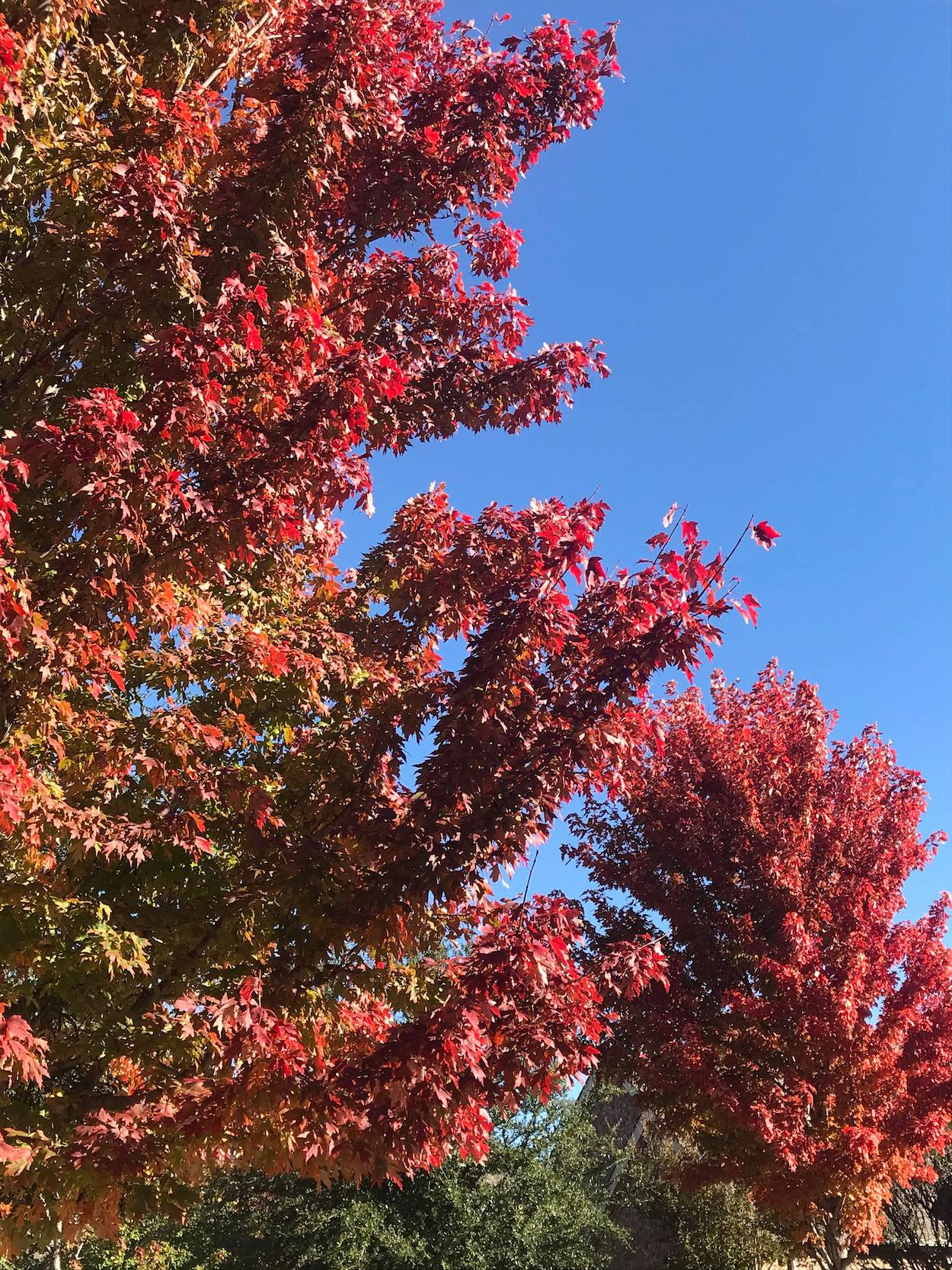During my spiritual direction training, I shared for the first time with my small group that I had a “saints” posse. They laughed at the word ‘posse’, not normally used in sacred contexts, but I was not intending to be humorous. The three ladies in my “saints posse” (Hildegard von Bingen, Julian of Norwich, and Philippine Duchesne) have my back and have helped me in my spiritual journey.
This week is the feast of Saint Rose Philippine Duchesne. She is my “anam cara”, a Celtic spirituality term meaning ‘soul friend’, a spirit guide who walks with you in your faith. Philippine is the one who brought my daughter and I to Duchesne Academy in Houston in 1994. We were facing difficult hurdles at the time and I often asked friends to pray for us. As I grew to know Philippine, I began to ask her to pray for us as well.
One year, the Duchesne Middle School headmistress, Sr. Ann Caire, asked me why we were not singing “Strong Was Her Heart”, the traditional song used for Philippine’s Feast. I told her the hymn just did not speak to the students, or to me (I was pretty sassy back then). She challenged me with, “Well, if you don’t like it, why don’t YOU write a Philippine song?”
I said, “Ok then, I will!” I sat down to compose and realized I did not actually know all that much about Philippine. She was just another saint locked in one of the stained- glass windows of our chapel. Sr. Caire had a thick biography about Philippine to lend me. The first few chapters were really slow, and I almost quit reading, but when the RSCJ sisters began their perilous journey across the Atlantic, I was hooked. They suffered many frontier hardships when travelling up the Mississippi, and later, setting up schools in the St. Louis area. Their attitude toward adversity reminded me of the resilient pioneer spirit I had heard about, and witnessed, growing up in South Dakota.
As I read her biography and discussed it with Sr. Caire, I grew to respect and admire Philippine Duchesne. The biography humanized Philippine, especially seeing her struggles. While I was composing her song, “All That I Am,” I began to pray to Philippine and asked her to show me her hopes and dreams, her disappointments, and her relationship with the Divine. I closed my eyes and imagined myself sitting on the porch with Philippine and talking.
Over time I began talking with Philippine about my own life and the things with which I was struggling mightily. I admired her unshakeable faith and clearness of vision. Even though she sometimes doubted herself being a good superior or felt like such a failure when she could not master speaking English or the Native Potawatomi language, Philippine never stopped planting the seeds of God’s love. If one thing didn’t work, she tried another.
Philippine also showed me the gift of contemplation. She often prayed through the night on her knees before the tabernacle. The Potawatomi people called her “the woman who prays always.” Those hours spent letting herself just be in the Divine’s presence transformed her. She was willing to let go of her ego, her agenda, and allow Christ’s love to flow through her. “Do not look back to the past, nor forward to the future. Claim only the present, for it holds God’s will.” I really love this quote by Philippine because it reminds me to stay present. Don’t look back on what was – don’t worry about what might be – just be aware and open to right now – this is where God wants me to be.
I no longer see Philippine as a saint locked in a stained- glass window—she is the beautiful stained- glass window through which God shines.


Tara, I love reading about your Saints Posse. It takes me back to our Duchesne days. I wish I could hear you play and sing your Philippine song. I really enjoy your posts. I miss you.
Love, Joanna
Dear Joanna – I am just now seeing your comments and appreciate them very much. I believe Philippine had a hand in us coming to Duchesne and I admire her courage and deep faith. Miss you and love you too my friend!